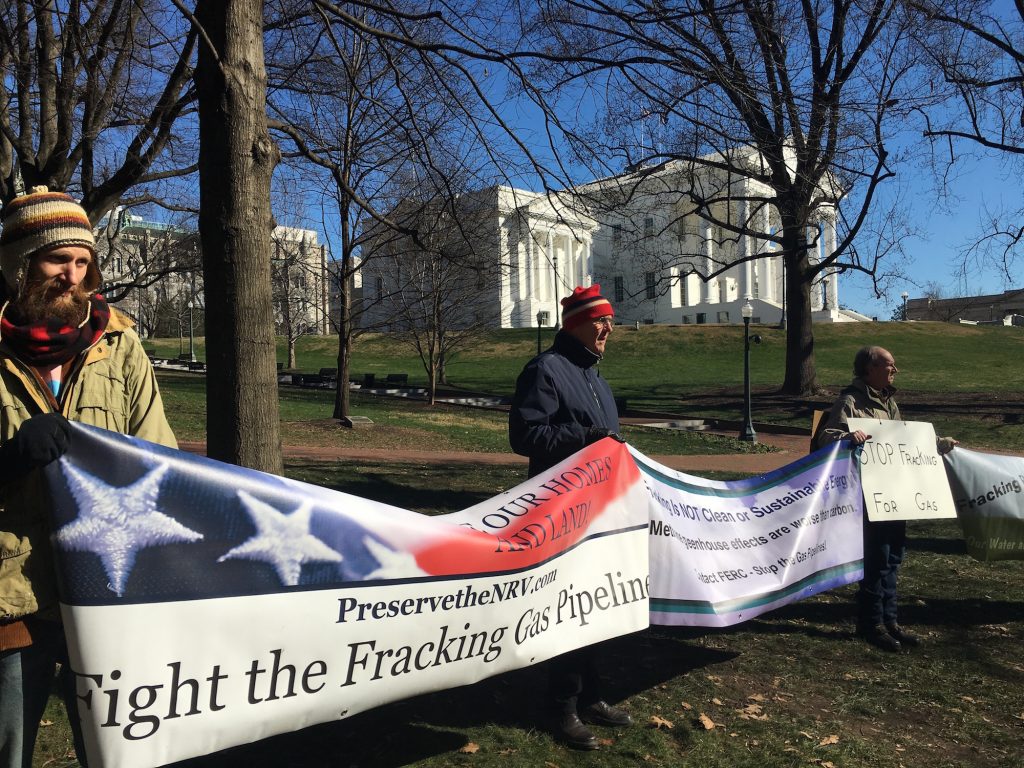Cleaning Up Coal Ash
For well over a century, power plants across the country have burned coal to generate electricity. And for just as long, leftover coal ash has been dumped in open, unlined pits near the power plant, usually located on a river or lake. Every year, U.S. power plants produce 130 million tons of coal ash, which is the second largest waste stream in the country after municipal garbage.
Coal ash concentrates the toxic heavy metals found in coal, including arsenic, mercury, lead and selenium. Stored in unlined, wet impoundments, coal ash has been leaking these toxics into our groundwater and surface waters for years. Sometimes these impoundments collapse — with disastrous results.
Yet government regulations for coal ash management are either non-existent or sparse, and there is little enforcement of the regulations that do exist. In North Carolina, this lack of oversight — and the complicity between state regulators, elected officials and Duke Energy — came to a boiling point in February 2014 when one of Duke’s coal ash impoundments spilled 39 million tons of ash into the Dan River.
Citizens living near North Carolina’s 33 coal ash impoundments — all of which have leaked — have fought for transparency from Duke and the state, and for cleanup of the pollution that threatens their property value, health and family. Their actions forced this issue into the headlines of news networks and to the forefront of environmental justice conversations in the United States.
Appalachian Voices stood with these communities as we worked for years to compel Duke Energy and the N.C. Department of Environmental Quality to excavate coal ash from all the North Carolina sites and dispose of it either in lined, dry landfills, away from waterways, or by recycling it for concrete or other uses, provided it’s done in a manner that protects public health and the environment.
On Jan. 2, 2020, North Carolina announced a historic settlement with one of the state’s most powerful corporations and polluters, Duke Energy. The settlement requires Duke to move nearly 80 million tons of toxic coal ash at six of its power plants to properly lined landfills onsite or recycle it.

Learn information about specific coal ash impoundments in the South, including health threats and safety ratings:
Additional Resources
Fact sheets, videos, links to academic research, and more
Sign Up to Act
Help us protect the health of our communities and waterways.
Latest News
Re-route of fracked gas pipeline threatens new areas of Va., West Va.
Contact: Ben Luckett, Staff Attorney, Appalachian Mountain Advocates,…
Virginia General Assembly compromises on solar
While football fans were pumping up for the Big Game last weekend, supporters of clean power in Virginia were gearing up for a different showdown as key committees in the General Assembly prepared to take up important clean energy legislation.
SCOTUS pauses the Clean Power Plan, for now
After a setback dealt by the U.S. Supreme Court, it’s imperative that decision makers in our region understand the opportunities presented by the Clean Power Plan rather than falsely attacking it as the cause of the coal industry’s hard times.
POWER+ Plan has a place in Obama’s final budget
This morning, President Obama sent his plan for the federal government’s expenses during fiscal year 2017 to Congress. It lays out the president’s vision for spending on everything from clean energy to cancer research. We’re happy to announce that the POWER+ Plan is included.
Groups in two states challenge WB XPress
Contact: Ben Luckett, Appalachian Mountain Advocates, 304-645-0125, bluckett@appalmad.org…
Action needed: Va. General Assembly considers pipeline policy fixes
Late last month, we learned that the U.S. Forest Service rejected the Atlantic Coast Pipeline’s proposed route. This development significantly checks the lickety-split pace of the project. If that renews your desire to take action, there are opportunities channel that feeling into these important legislative fights in the General Assembly.









